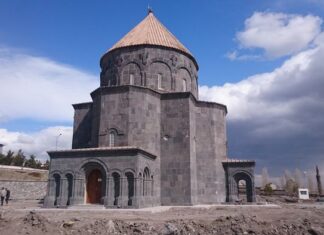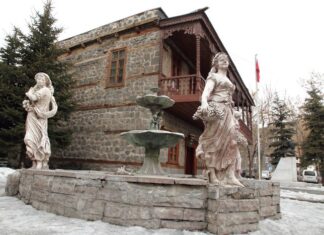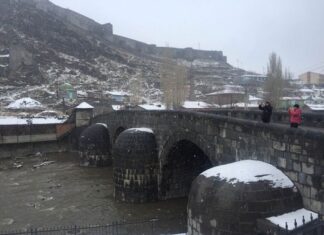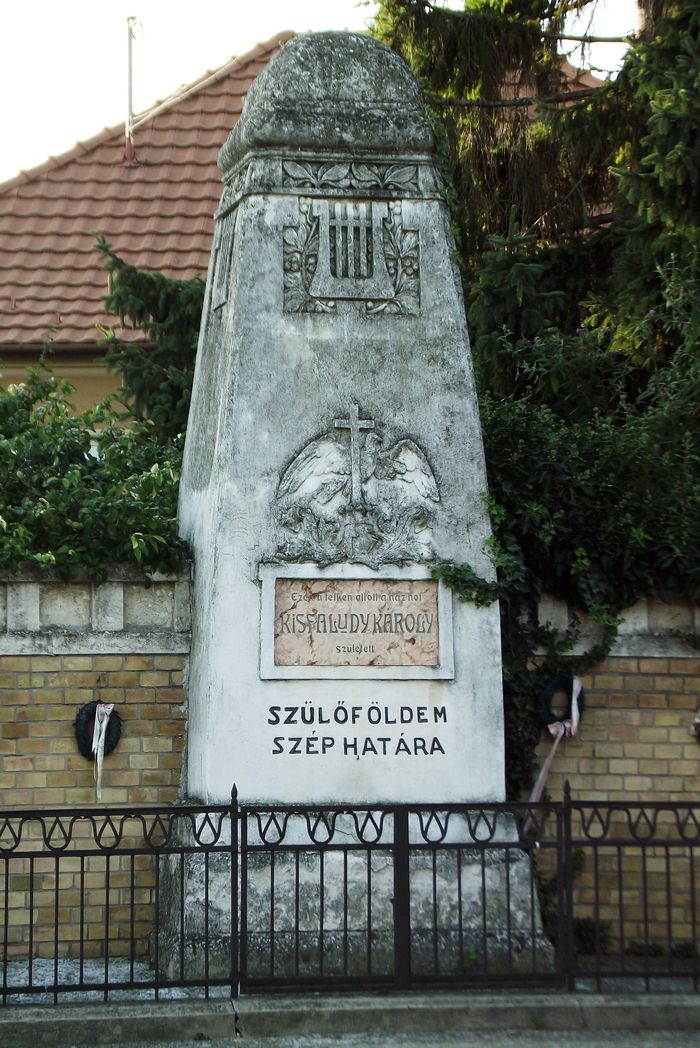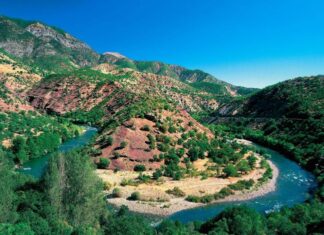How the Sun Influences the Nile
To explain this matter more fully, I will describe how the sun affects the regions through which the Nile flows. The key to understanding...
Doubts About the Ocean Theory
As for the writer who claims that the strange behavior of the Nile comes from the ocean, his explanation is so unclear that it...
a-second-explanation-that-lacks-reason
The second explanation given for the strange behavior of the Nile is even less scientific than the first. It is also more fanciful and...
The Second Bulgarian Kingdom
After the fall of the First Bulgarian Empire in 1014, Bulgaria remained under Byzantine rule for over 170 years. During this time, the Byzantine...
The Decline of the First Bulgarian Empire
Shortly after the death of King Simeon I in 927, the First Bulgarian Empire began to decline. Bulgaria had been weakened by two centuries...
The Expansion of Bulgaria
After the fusion of Slavs and Old Bulgarians, the new people, called Bulgarians, began to expand their territory. They moved south into Thrace and...
A Moment of Christian Love
The man and his wife who brought me water were both smiling. Although we couldn’t talk to each other, I felt that we shared...
Introduction to Laodicea
Laodicea is the last city mentioned in the letters of Christ. Sir William Ramsey calls it "the city of compromise." It was founded by...
Philadelphia’s Fertile Land and Beautiful Scenery
Philadelphia is in a country where erosion (wearing away of the land) is happening, but the soil is very fertile. The land is alluvial,...
Historical Figures in Ancient Greece
Herodotus The Father of History
Life and Travels
Herodotus, hailed as the “father of history” by Cicero, was born in Dorian Halicarnassus (modern Bodrum). His participation...
